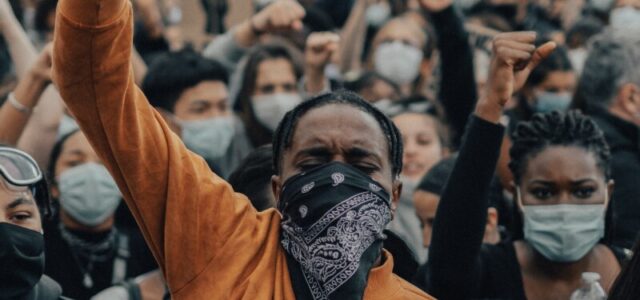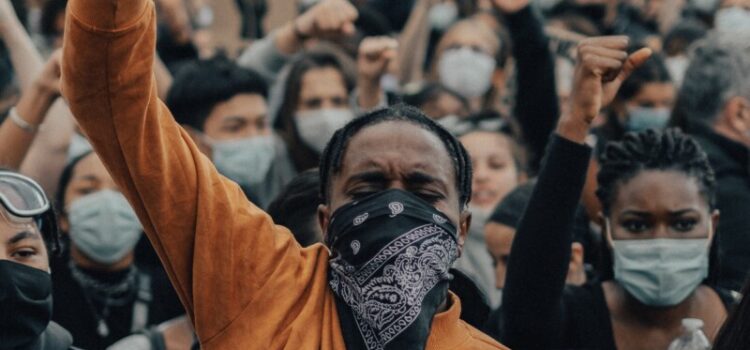

It might be time for a new party to vocalize BIPOC concerns, says poet George Elliott Clarke
CanadaElectionsNewsPolitics Oct 3, 2021 Saloni Bhugra

As Prime Minister Justin Trudeau’s Liberals return to parliament with a minority government, some communities might be looking for a new party prioritizing agendas of equality and protection of ecology, says George Elliott Clarke, former poet laureate for the City of Toronto and the Canadian Parliament.
In an email interview with Skedline, Clarke wrote, “The second Liberal minority government makes sense because there was no compelling reason to defeat the [Liberal party] definitively. O’Toole’s harping on ‘corruption’ lacked any ‘smoking gun’ –beyond private helicopter rides by the prime minister and too-close-plus-payment relations with the WE Charity on the part of the prime minister. But none of that was either Watergate-level or Munsinger-level criminality or immorality; nor to advance another party to the treasury benches; nor to reward the Grits for their lack-of-action on climate change, their uncertain reaction to the pandemic, nor their shaky commitment to social issues, including that of racist marginalization of visible minorities (even for COVID vaccine shots) and the spike in hate crimes.”
As the lifting up of BIPOC Canadians was not brought up enough or at all by any parties during debates, Clarke believes it’s time to consider new parties.
“That only Annamie Paul in the Leaders Debate took on the issue of the political subordination of ‘religious minorities’ (Muslims) in Quebec reflects the understanding of all the party leaders that anti-racism rhetoric cannot win them votes on the campaign trail, especially (but not only) in Quebec where the official response to proven racism in health care delivery, in education, and in policing is always met with a blanket denial of systemic discrimination and with a counter-charge to name Quebec as permitting racism to thrive is an example of ‘Quebec-bashing,’” Clarke wrote.
The absence of racism as a major campaign topic speaks volumes to those affected. A 2020 online Léger survey (commissioned by the Assembly of the First Nations Quebec-Labrador) found 92 per cent of respondents believed that First Nations in Quebec face systematic racism. According to Stats Canada there has been a significant rise in hate crimes towards BIPOC population in 2019-2020.
Clarke wrote, “Indeed, that Haitian would-be refugees are regularly deported upon reaching Quebec/Canada, or that the religious minorities most persecuted are black/brown/gold (in Quebec/Canada), and that Indigenous people are still expected to celebrate the lifting of Boil Water Advisories after decades of inaction, are not behaviours that would justify any hope that the new Parliament and Government will act to advance the interests of BIPOC citizens (and that status must be stressed).”
Clarke said NDP leader Jagmeet Singh has been a strong and popular leader who voiced issues of racism but “the NDP removed socialism from the party platform and constitution in 2013.”
He said that the only way to bring a change is to continue steady protests at any available forum. “BIPOC intellectuals and activists should form a new grassroots party. one that is anti-discrimination, anti-classist, and pro-environment. IMMEDIATELY!”
He said this could make the current parties prioritize anti-racism.
Clarke added there needs to be a party that clearly represents their interests, “Perhaps that new party could even be called the Red Black & Green Party–to reference Indigenous, People of Colour, and the Environment, but named for the classical colours of Black Liberation!”






